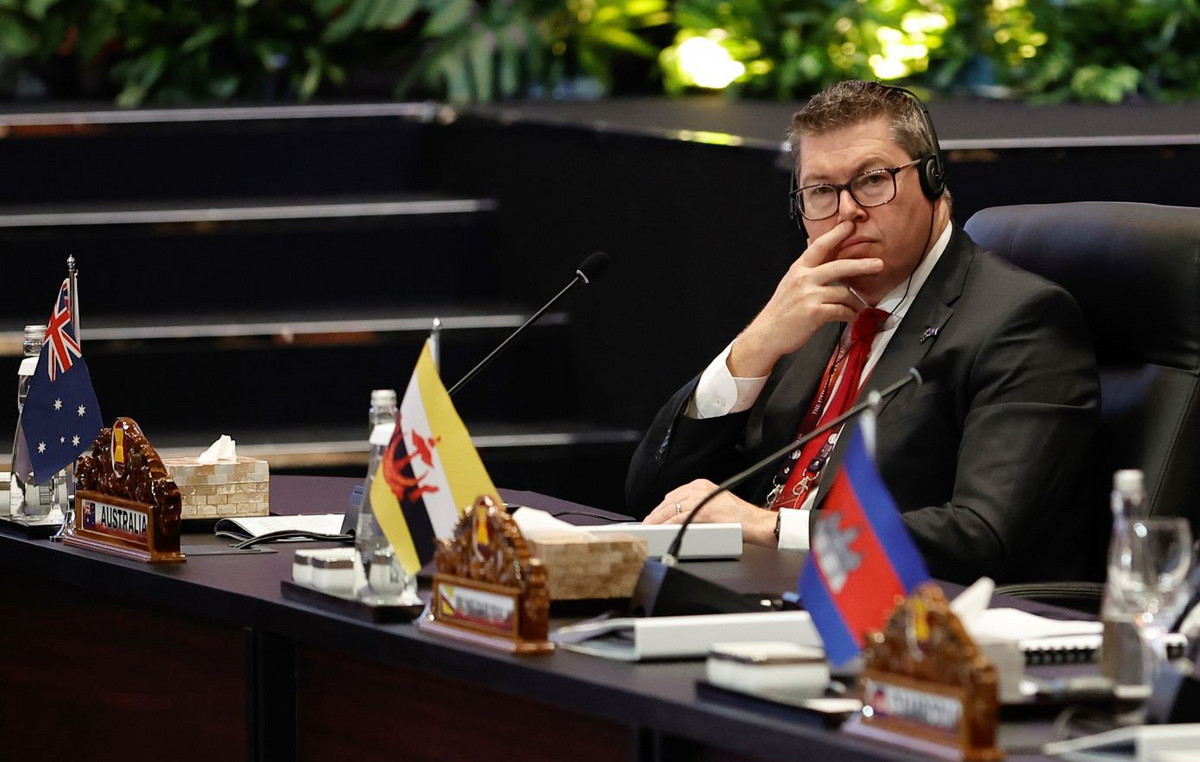The ruble “picked up” the losses in a day with sharp changes as well Russia failed foreign currency debt payment for the first time in a century after the payment deadline expired and while the West promises further sanctions against Moscow because of its war in Ukraine, as reported by Reuters.
A 30-day grace period for bondholders to receive the $ 100 million interest payments due on May 27 expired on Sunday. The Kremlin, for its part, rejected it today allegations that he defaulted on foreign debt payments.
Russia has long insisted it has the money to pay and is talking about artificial bankruptcy, as sanctions prevent foreign bondholders from receiving cash.
In this climate, the ruble strengthened by 0.3% against the dollar to 53.23, erasing the losses it had recorded earlier, as it reached a decline of up to 2%, “reaching” its weakest level since June 21 at 54.4975.
At the same time, against the euro it gains 0.2% to 55.96, while previously it had fallen to 57.3375.
The ruble is likely to remain in the 50-55 range against the dollar in the coming weeks and may be at the lower end of that range, said Dmitry Polevoy, head of investment at Locko Invest.
The ruble, which has become the world’s best-performing currency this year, has been driven by Russia’s high income from raw material exports, declining imports and a ban on households “pulling” their foreign currency savings.
The strong ruble is squeezing the revenues of export-oriented companies and could hurt the economy as it leads to a recession following tough sanctions over Russia’s war in Ukraine.
The G7 is also expected to commit to a new package of coordinated actions on Tuesday to increase pressure on Russia, a senior US official said on Monday, which analysts said could put downward pressure on the ruble.
Capital controls have strengthened the ruble for months, pushing it to a seven-year high on June 22.
The culmination of this week’s tax period at the end of the month, during which export companies are expected to convert revenue into dollars and euros into rubles, could add short-term support to the ruble.
There was no increase in foreign exchange sales by exporters last week, Alor Broker said, which means they may have left the currency conversion process until the last minute, which would offer support for the ruble. However, Alor Broker said the exporters may have already saved the necessary amounts in rubles.
Source: Capital
I am Sophia william, author of World Stock Market. I have a degree in journalism from the University of Missouri and I have worked as a reporter for several news websites. I have a passion for writing and informing people about the latest news and events happening in the world. I strive to be accurate and unbiased in my reporting, and I hope to provide readers with valuable information that they can use to make informed decisions.







